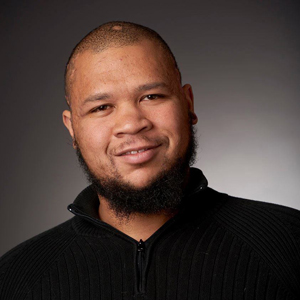
There’s a long-held — but unproven — belief that children who are abused likely grow up to be adults who abuse children themselves. It’s a powerful assumption that, if true, needs to be completely understood, and if it’s not, discounted to dispel negative misconceptions. School of Public Health epidemiology PhD candidate Dylan Galos is helping find the answer through his dissertation work, which is exploring intergenerational child abuse.
The University recently recognized the importance of Galos’ project by awarding him one of its Interdisciplinary Doctoral Fellowships. The award supports students working on exceptional dissertations by providing them with a stipend, tuition, and subsidized health insurance.
“The fellowship will give me the opportunity to write a quality dissertation without having to worry about juggling work,” says Galos, who currently works full-time for a local health care company. The fellowship will give him the financial means to work just part-time and spend more hours completing his dissertation.
Galos says there is limited research concerning abused children becoming abusive parents. To add his insights, he’s examining state child protective services and education case records to identify any trends or links in the “life courses” of abused children and their parents.
He says his dissertation is interdisciplinary in nature because it uses a public health approach to study a large population of people and examine what is usually regarded as a social work problem.
“It is gratifying that the selection committee recognized the groundbreaking nature of his interdisciplinary approach to an often overlooked, yet key driver of health and well-being,” says Michael Oakes, Galos’ adviser and an SPH associate professor.
Galos hopes his research will provide solid scientific answers and a foundation for guiding future studies, and inform clinical and case practice.

